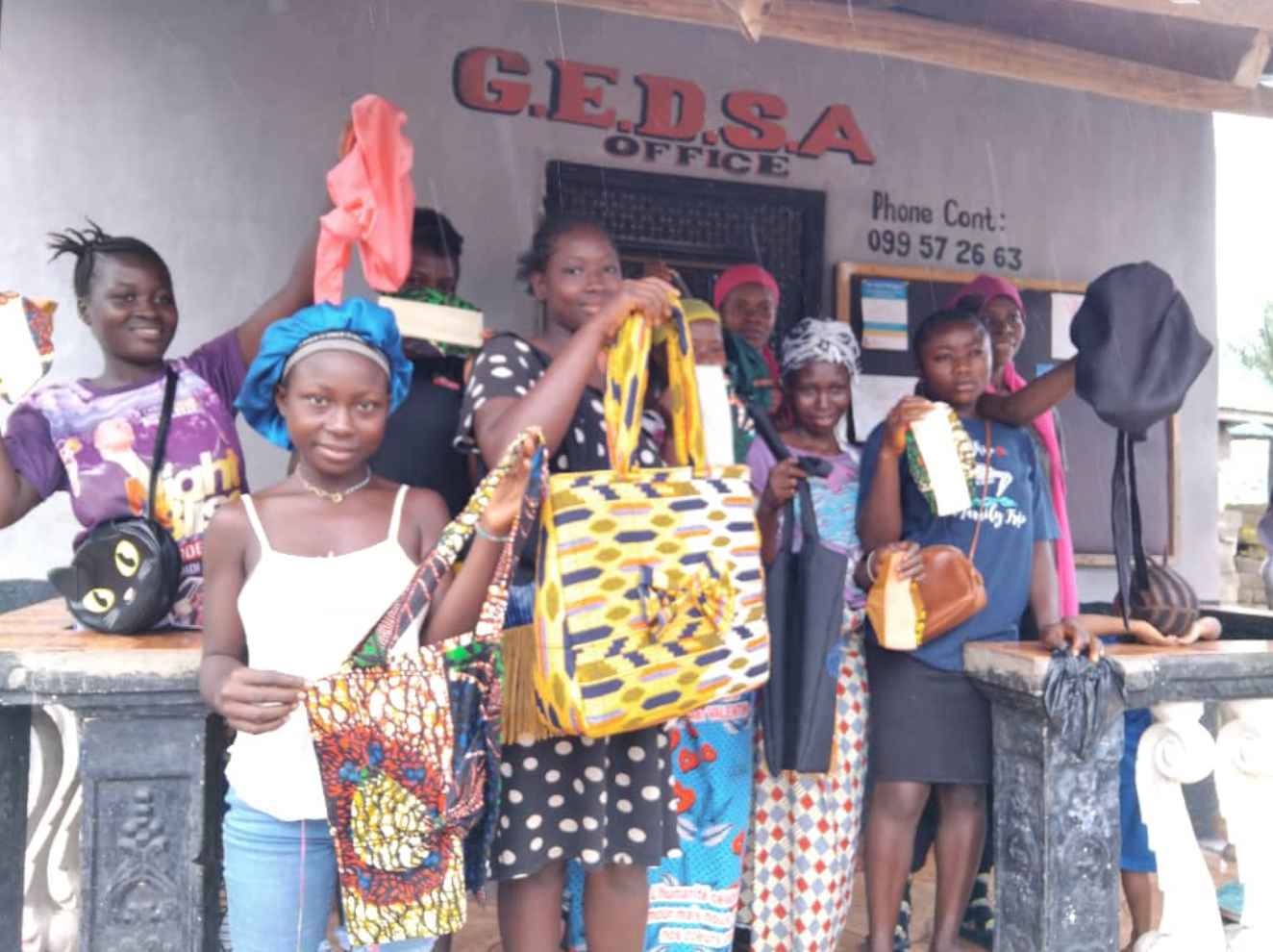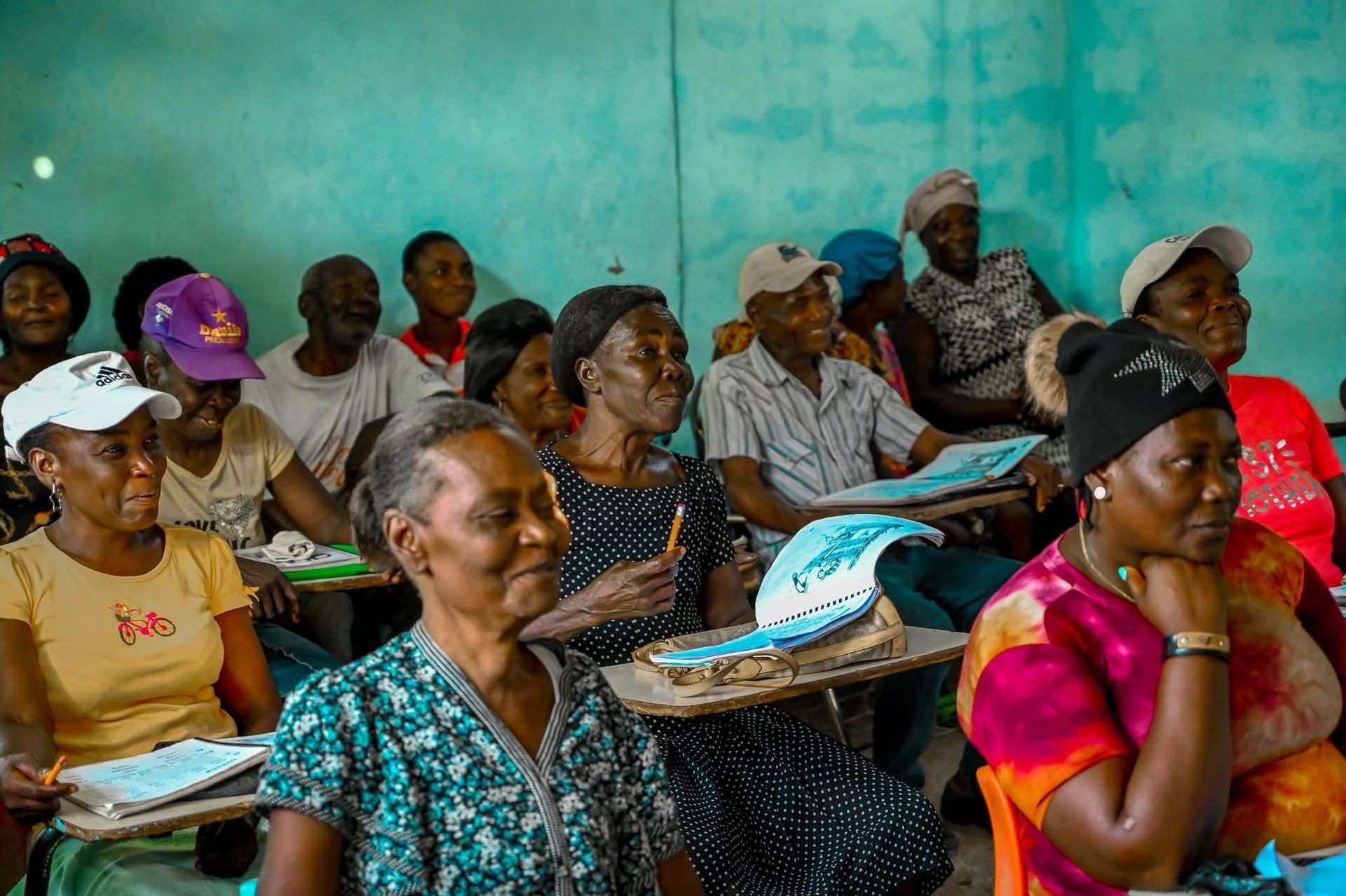An update from the Foundation’s first Learning Resource Centre in Palpa, Nepal

The Steve Sinnott Learning Resource Centre was originally established by Manisha UK in Palpa, Nepal in 2019, in partnership with the Steve Sinnott Foundation. It was administered by Dan Wichmann and Saran Saru. It included an excellent library, a classroom with an interactive whiteboard and monitors with Raspberry Pi software. Although well used by a local school, evaluating the project in 2021, it was decided that the facilities should be available to a wider usership. An agreement was concluded with Children Nepal in Pokhara for the material effects to be utilised.
Children Nepal is an effective and inspiring organisation providing extensive and holistic support to deprived families. The centre offers classes to students who are very keen learners and attend after their usual morning classes in other educational institutions. They attend IT classes facilitated by a Steve Sinnott funded teacher. There are two classes of 20 students each, these classes are offered twice a day, except Saturday. These students need to compete with students from private schools; the government schools they attend have very limited computers and IT classes.
The centre offers art classes to younger children, as well as singing, dancing, creative writing and storytelling. In the holidays, classes are offered to years 6, 7 and 8 with excellent attendance. Performances are given, artwork displayed and there are competitions for art and writing. The library is very well used. This is a vital resource as the local neighbourhood has only two small libraries and schools rarely have libraries or enough books. The children enjoy individual and paired reading, talking animatedly about their reading. The library is also available to adults from the community.
Manisha UK, The Steve Sinnott Foundation and Children Nepal have enjoyed a very good relationship. Via quarterly reports and unplanned visits from Manisha UK, we have seen the excellent work Children Nepal are undertaking. The staff in Pokhara are totally committed and dedicated providing an invaluable resource to the communities they serve.
A recent renewal of financial support from The Steve Sinnott Foundation means the work of the IT teacher can continue and new books can be bought for the library. This funding ends in 2027. Further funding is essential to update the software used from Libre Office to Microsoft Windows.
Manisha UK and Children Nepal are incredibly grateful for the support from the Steve Sinnott Foundation, particularly the help provided by Ann Beatty. I will be visiting the centre in December and look forward to seeing the continuing excellent work.
BIOGRAPHY
A full time secondary school teacher for 31 years, Barbara retired from her final post in an inner city Birmingham school in 2010. She had worked in pastoral roles and as head of English and Director of Literacy. This was an early retirement in order to pursue voluntary work abroad, fortunately she came across the small but highly effective charity Manisha UK. The charity supports 8 government village schools in rural Nepal and Barbara undertakes annual visits.





